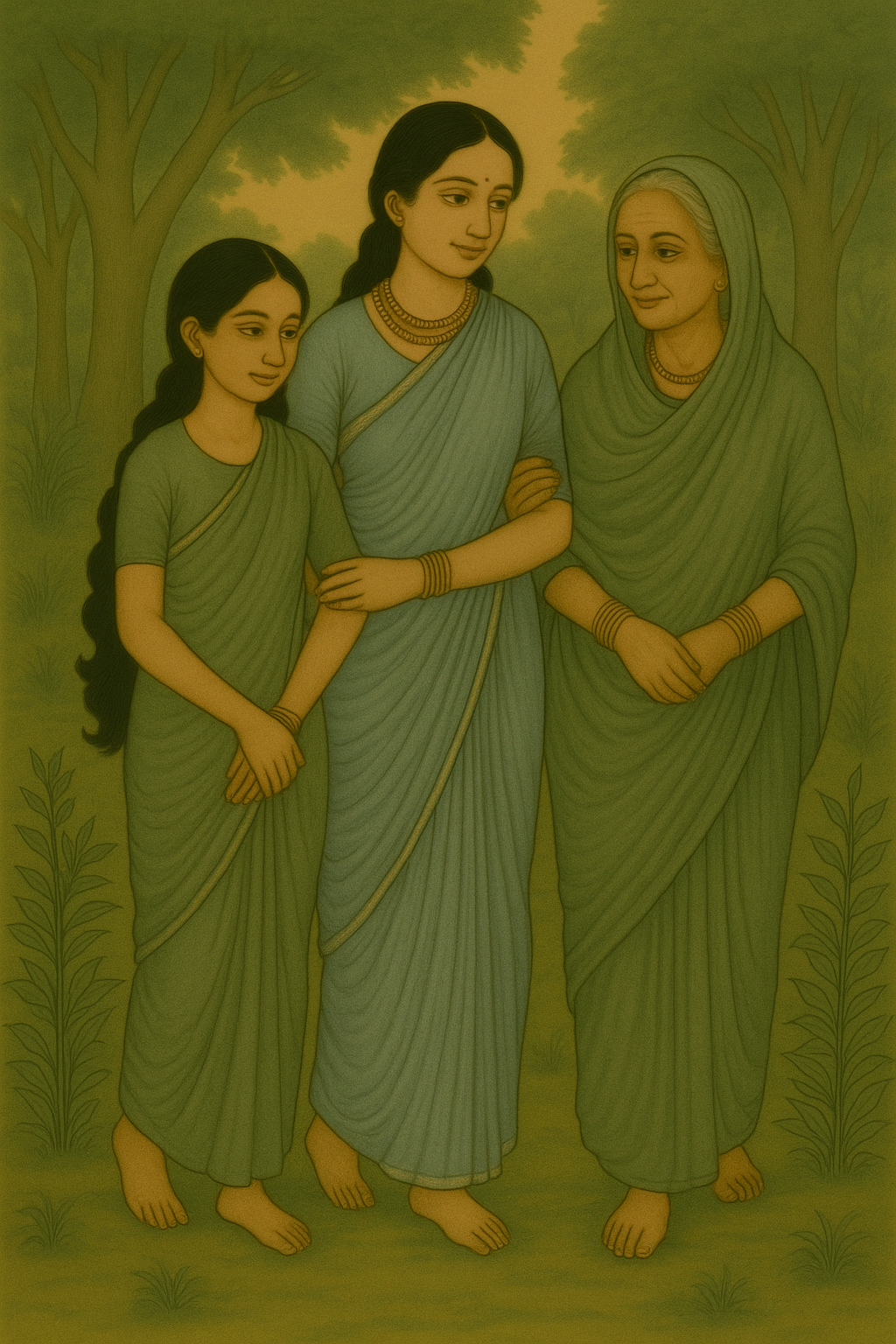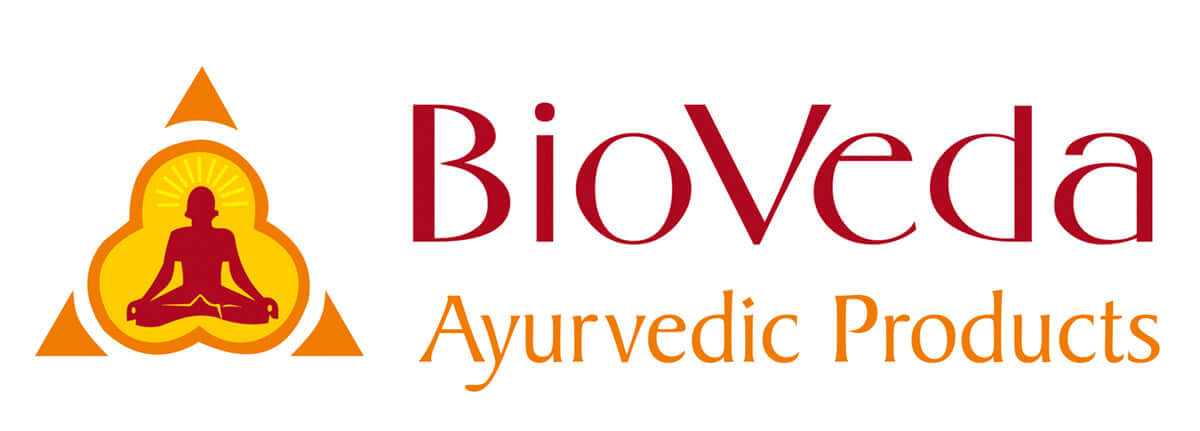
Hip Pain in Perimenopause: An Ayurvedic Perspective
Perimenopause is a profound transition in a woman’s life, but it often brings symptoms that feel confusing and disruptive. One of the lesser-discussed yet very common concerns is hip pain and joint stiffness. Many women in their 40s notice new or worsening joint discomfort as hormones begin to shift.
Why Does Hip Pain Happen in Perimenopause?
From a biomedical perspective, hormonal changes directly influence joint health:
-
Estrogen supports lubrication and collagen production. As levels decline, tissues feel drier, less resilient, and more prone to wear.
-
Progesterone has natural anti-inflammatory actions. During perimenopause, it declines steadily — and if stress is high, this drop is even sharper, leading to more inflammation and pain.
-
Bone density begins to change, leaving hips and other weight-bearing joints more vulnerable to strain.
For some women this shows up as a dull ache or stiffness, while others experience sharp pain — especially if conditions like arthritis, endometriosis, or pelvic floor dysfunction are present.
The Ayurvedic View
In Ayurveda, perimenopause is seen as a shift into the Vata stage of life. Vata governs movement, the nervous system, and the joints. When Vata rises or becomes imbalanced, symptoms often include:
-
Dryness in the tissues
-
Instability or cracking in the joints
-
Sensitivity to cold and wind
-
Pain that comes and goes, often worse at night or under stress
If Pitta dosha is also involved, pain may feel hot, sharp, and inflamed — explaining why hip pain in perimenopause can be so variable.
What Makes Joint Pain Worse?
-
Ama (toxins from poor digestion): When food isn’t digested well, toxic residues circulate and lodge in weak areas like the joints. Signs include tongue coating, brain fog, heaviness, low appetite, and joint pain.
-
Chronically high Vata & stress: Stress dries and depletes tissues, raises cortisol, and accelerates inflammation.
-
Low progesterone & estrogen: Declining hormones cause joint dryness and weaken bone strength.
-
Aggravating foods:
-
For fiery Pitta types: coffee, alcohol, nightshades (tomato, eggplant, potato, capsicum), vinegar, and fermented foods can worsen inflammation.
-
For airy Vata types: cold, dry, and light foods (crackers, raw veg, carbonated drinks, refrigerated meals, cold food) aggravate joint dryness.
-
Ayurvedic Ways to Support Hip & Joint Health
The beauty of Ayurveda is that it addresses root causes, not just symptoms. These simple practices can help keep your joints supple and strong during perimenopause:
1. Daily Abhyanga (Self-Massage)
-
Warm herbal oils such as Maha Narayan Oil, Vata Oil, Bala Ashwagandha Oil, or Dhanvantri Oil deeply nourish the joints, reduce stiffness, and calm the nervous system. Gift yourself a daily self massage and you will experience a positive shift on so many levels.
-
Regular massage improves circulation, supports detoxification, and grounds excess Vata.
2. Nourishing Diet
-
Choose warm, cooked meals with ghee or olive oil.
-
Use anti-inflammatory spices like turmeric, ginger, and coriander.
-
Add root vegetables, soups, stews, and bone broth to build strength.
-
Bone broth and collagen powders can be particularly helpful for joint repair.
3. Gentle Movement
-
Yoga, walking, and stretching keep joints mobile without overstrain.
-
Gentle hip-opening postures with mindful breathing improve circulation.
4. Rest & Rhythms
-
Prioritise 7–9 hours of sleep for tissue repair and hormone balance.
-
Evening rituals such as warm baths, herbal teas, or moon gazing help calm Vata and support deeper rest.
The BioVeda Approach
At BioVeda, we honour women’s transitions with traditional Ayurvedic support. Our Maha Narayan Oil has been cherished for centuries for its rejuvenating effects on muscles, joints, and nerves, making it a beautiful daily companion during perimenopause. We also highly recommend our Dhanvantri Oil for those who feel Vata is too high and Bala Ashwagandha for deep joint support, as well as our classic Vata Oil.
When paired with grounding foods, gentle movement, and nourishing rituals, these oils help women move through perimenopause with less pain and more vitality.
BioVeda Herbs to Consider
-
Shatavari – deeply nourishing, estrogen-modulating, lubricating.
-
Guduchi – blood-cleansing and anti-inflammatory.
-
Ashwagandha – calms Vata, supports the nervous system, and strengthens tissues.
Hip pain in perimenopause is not simply “wear and tear.” It is your body’s way of asking for nourishment, rest, and balance. By listening to this message and embracing Ayurvedic practices, you can create greater ease in your body and steadiness in your mind.
Ayurveda reminds us that healing doesn’t come from resisting change, but from working with it. With acceptance, gentleness, and the right rituals, this transition can become an opportunity for renewal.

